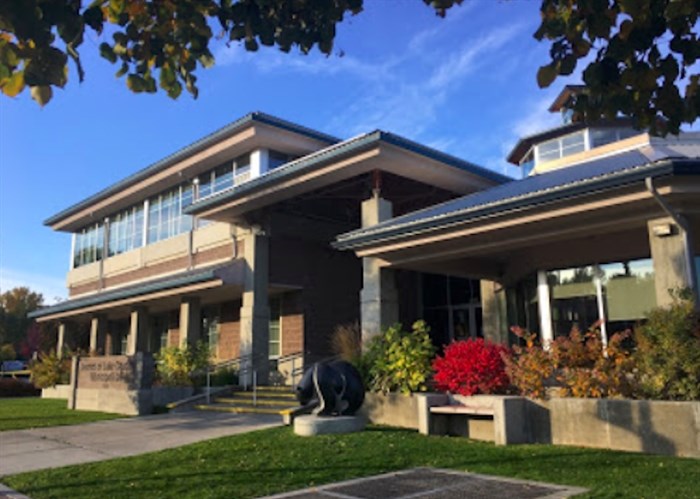
Image Credit: Google Maps
February 02, 2020 - 11:27 AM
This is the time of year when people begin thinking about the onerous task of figuring out how much you owe the federal and provincial governments in income tax. When it comes to paying your property tax, it’s a much simpler task. You just need to wait for the bill to come in the mail.
Do you know why you’re paying that ever-increasing amount, how it’s calculated and where it’s going?
In most Interior cities, councils set their preliminary tax rates in December, usually after plodding through huge budget documents. Some of the key expenditures make it into the news. If you’re a real budget geek, you can go online, hunt through your City’s web page and read the whole thing.
Sometimes municipalities hold public input sessions and are willing to explain the budget to taxpayers face to face.
Lake Country CAO Alberto DeFoe has taken a different approach this year with a series of articles that explain his District's budget in great detail.
“This is the time of the year that we discuss budget needs for our local government services,” he writes in the first blog-like post. “We hear of numbers and services and we hear confusion about what all this means. The confusion results in frustration with what to expect when the tax bill arrives in May."
“Well, let’s try to explain some basic things that may help all of us to have a better understanding of what a municipal budget means in terms of impact to individual property owners and the community. It may take two or three of these articles, but we will try nonetheless.”
Actually, it took at least five articles. The fifth was due out today, Jan. 31.
In that first edition, he talks about the difference between federal, provincial and municipal taxes, how all municipalities are not created equal and “juggling resources and services.”
“Every year a municipality must approve a budget,” is how DeFoe leads off part two. “It’s the law.”
He goes through topics such as: Where it all Starts, Growth and Cost Factors and Pressure Points.
In part three, he tackles topics such as the hard dollar cost and in number four he explains the differences between taxes and fees, what residents get for the extra money they pay and decisions council still have to make before setting the final budget this spring.
While the articles contain details that are very specific to the District of Lake Country, it provides plenty of background information presented in a readable manner that does a good job of educating readers on what can be a very complicated, confusing and, some might say, boring budgetary process.
To contact a reporter for this story, email Rob Munro or call 250-808-0143 or email the editor. You can also submit photos, videos or news tips to the newsroom and be entered to win a monthly prize draw.
We welcome your comments and opinions on our stories but play nice. We won't censor or delete comments unless they contain off-topic statements or links, unnecessary vulgarity, false facts, spam or obviously fake profiles. If you have any concerns about what you see in comments, email the editor in the link above.
News from © iNFOnews, 2020